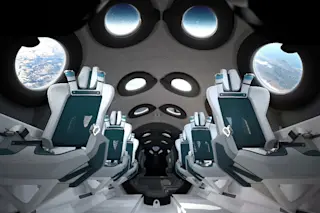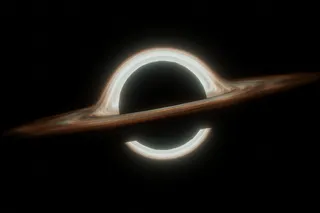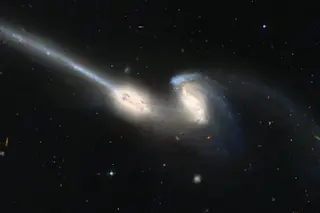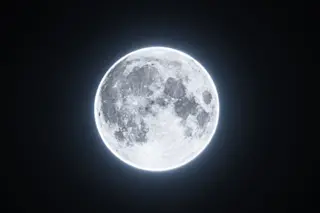American aviation legend Chuck Yeager is generally considered one of the best pilots of all time. In 1947, Yeager flew a Bell X-1 experimental aircraft to a record-breaking 45,000 feet in elevation, reaching a blistering speed of Mach 1.05. He was the first human confirmed to travel faster than the speed of sound. Just a few years later, rival pilot Scott Crossfield bested that record, taking his D-558-II Skyrocket aircraft to more than twice the speed of sound.
At the dawn of the space age, test pilots like these were snatching records from each other left and right, risking their lives to push aviation to speeds and heights unimaginable just 50 years earlier. And when the American space program was ready to start sending humans beyond the boundary of space, they trusted test pilots with the first pioneering missions into the final frontier.
These test pilots were said to embody ...














